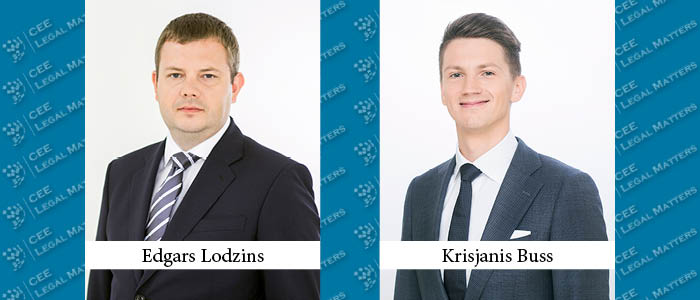At the end of 2021, the Regulation (EU) 2020/1503 of the European Parliament and of the Council of October 7, 2020, on European crowdfunding service providers for business (EU Crowdfunding Regulation) entered into force. In light of the regulatory requirements, existing crowdfunding platforms with prior authorizations under national rules shall receive authorization under the new regulatory framework by November 10, 2023.
Notwithstanding the impending expiry of the transitional period (which, in fact, was already extended by a year from November 10, 2022, to November 10, 2023), as of March 31, 2023, only 21 crowdfunding service providers have obtained an authorization to provide crowdfunding services in Europe. Among the limited number of entities included in the register of all crowdfunding services providers maintained by the European Securities and Markets Authority is a Latvian service provider: SIA CrowdedHero Latvia. Interestingly, even prior to the adoption of the domestic regulatory framework for granting authorizations for crowdfunding services, the Bank of Latvia announced that three to five Latvian-authorized crowdfunding service providers may soon enter the market.
This is a strong signal to all investors, project owners, and other market participants that Latvia has established a clear and coherent regulatory environment for the provision and obtaining of alternative sources of financing, especially since Latvia is the only country currently represented in the European register of crowdfunding services providers among such Central and Eastern European countries as Poland, Lithuania, and Estonia. Moreover, in addressing the participants of the Latvian Capital Market Forum 2022, Executive Vice President of the European Commission and European Commissioner for Trade Valdis Dombrovskis emphasized that Latvia is the EU champion of crowdfunding per capita.
Grounds for Application
Pursuant to the EU Crowdfunding Regulation, the provision of crowdfunding services generally involves three types of actors: the project owner that proposes the project to be funded, investors who fund the proposed project, and an intermediating organization in the form of a crowdfunding service provider that brings together project owners and investors through an online platform.
The EU Crowdfunding Regulation is directly applicable and lays down uniform requirements for the provision of crowdfunding services; for the organization, authorization, and supervision of crowdfunding service providers; for the operation of crowdfunding platforms; and for transparency and marketing communications in relation to the provision of crowdfunding services in the European Union.
The Latvian Crowdfunding Services Law, in turn, prescribes a practical procedure for the issuance and registration of authorizations for the operation of crowdfunding service providers; their operation and liability in accordance with the EU Crowdfunding Regulation; and the rights, obligations, and powers of the Bank of Latvia as the competent authority to issue regulatory guidelines binding for crowdfunding service providers.
Latvian Regulatory Practice
Compared to conventional lending models, crowdfunding offers relatively quick access to additional funding. Furthermore, placing a project on a crowdfunding platform may serve as an effective promotional tool. As a country-specific feature, the Latvian Crowdfunding Services Law provides that the performance of the project owner’s obligations may be secured by collateral. That collateral is registered in the name of the crowdfunding service provider, or a special purpose vehicle (SPV) established by the crowdfunding service provider, and includes a notation that the relevant mortgage or commercial pledge secures the investor’s claim. Depending on the operating model of the crowdfunding platform, the implementation of a project may be divided into several phases and the project owner may set a separate required funding amount for each phase. In terms of investor protection, the project owner shall ensure that investors have access to all available project information and provide a mandatory four-day reflection (cooling-off) period for inexperienced investors, during which the investors can withdraw their offer.
Overall, the Latvian legal framework for the provision of crowdfunding services is well established, and it is expected that a number of new crowdfunding service providers will be registered and licensed in Latvia in the upcoming years.
By Edgars Lodzins, Partner, and Krisjanis Buss, Senior Associate, Cobalt
This article was originally published in Issue 10.4 of the CEE Legal Matters Magazine. If you would like to receive a hard copy of the magazine, you can subscribe here.
